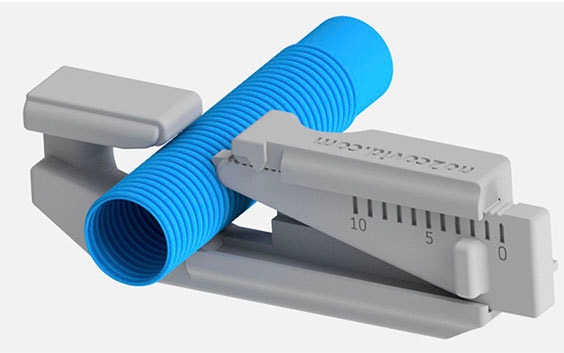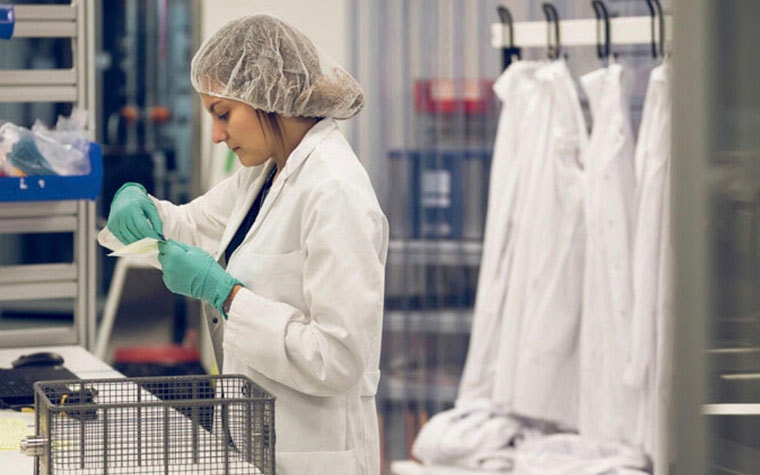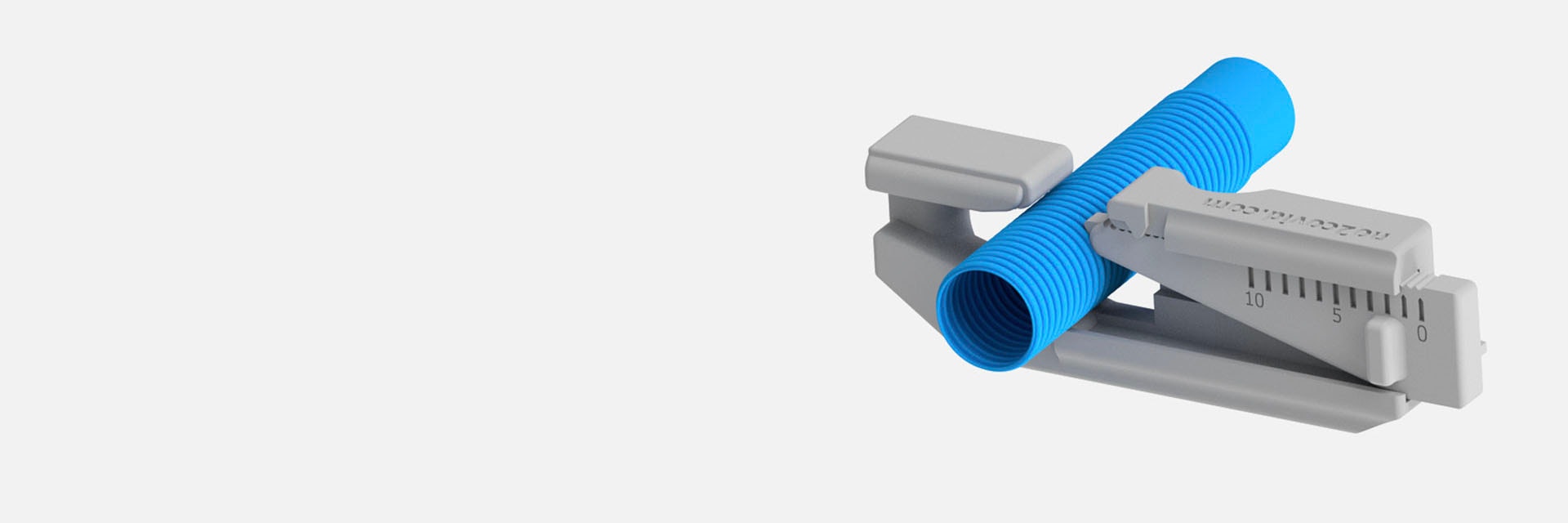EXPERT INSIGHT
Fast and Reliable: Medtech Solutions amid the COVID-19 Pandemic

In response to the COVID-19 crisis, 3D printing has captured imaginations worldwide. Low numbers of necessary supplies and the desire for solutions that help slow the spread of the coronavirus have led to an increased buzz of activity around innovations enabled by 3D printing.
In response to the COVID-19 crisis, 3D printing has captured imaginations worldwide. Low numbers of necessary supplies and the desire for solutions that help slow the spread of the coronavirus have led to an increased buzz of activity around innovations enabled by 3D printing.
The entire world has witnessed the 3D printing community joining together to create unique and effective solutions to this growing crisis.
From reducing the discomfort of medical facial protective gear to minimizing contact with germ-infested door handles, there’s no doubt that 3D printing, also known as additive manufacturing (AM), empowers quick innovation to create practical responses at a time like this.


Materialise and others worked swiftly to bring new devices to ensure that those in need can get these beneficial parts as soon as possible.
However, as the European Commission has noted in the guidance issued this week, there is an urgent need to ensure that 3D-printed medical supplies comply with necessary safety standards. Speedy development is especially crucial during a pandemic, but in order for medtech to be sustainable, that speed must work in harmony with qualified processes and reliable manufacturing. It is with this vision that Materialise offers certified manufacturing for medical supplies.
Innovative research with the potential to save lives
“Desperate times, but not-so-desperate measures” is how Matthias Mergeay and Luc Janssen, doctors at Geel Hospital, describe it. This ventilator valve, 3D printed at Materialise, is a clever design by Dirk Wenmakers and Philippe Caers that responds to the urgent need for additional ventilator capacity.
As the number of COVID-19 cases has increased, the number of patients in hospitals, and, therefore, the number of medical devices needed, has also escalated. This means that lifesaving devices, such as ventilators, are not abundant enough in certain regions of the world where patients suffering from COVID-19 need them.
While a splitter would enable the use of a single ventilator for multiple patients, such a solution would not be able to take into account the differences in lung capacity and lung compliance between patients. With Dirk and Philippe’s valve design, doctors are able to adjust pressure and flow to each patient while using a single ventilator for up to four patients. “For this project, we needed a manufacturing partner we could rely on. We had previously worked with Materialise in 2016, and the professionalism we experienced then led us to contact Materialise again. This is an application where reliability and scalability are crucial,” explained Philippe Caers.
“Desperate times, but not-so-desperate measures. ”
— Dr. Matthias Mergeay & Dr. Luc Janssen, Geel Hospital, Belgium
According to Dr. Luc Janssen and Dr. Matthias Mergeay, clinical advisers for the project, the devices perform well in a durability testing environment. They can be finely adjusted, resulting in adequate ventilating pressures for the individual test lungs. These parts could be deployed rapidly through industrial 3D printing and might help clinicians optimize their ventilator use.
When medical innovations similar to these ventilator solutions get approval for patient use, hospitals can introduce parts composed of medical-grade 3D-printed components to provide fast, high-quality care to patients not only during this pandemic but for years to come.
Big ideas meet know-how
The innovation from 3D printing does not stop there. Product development company Isinnova collaborated with sporting goods retailer Decathlon to create a 3D-printable component that promises to turn scuba gear into oxygen masks.
Because Isinnova used 3D printing to design the components, they were able to quickly develop a prototype that fit well with available scuba masks. They also made the design file available for free so anyone around the world could download and 3D print locally.


Materialise collaborated with Isinnova by improving the design of the STL to make it stronger and fit in with certified manufacturing regulations.
Although the emergency mask for hospital ventilators itself is an uncertified biomedical device, it provides a solution to those hospitals running short on much-needed medical devices to help during this time.
Building off our three decades of 3D printing and experience with 70% of the top 30 medical device companies and the world’s leading hospitals, we are able to take our know-how and quickly design certified solutions with the ultimate aim of helping patients.
We thank EOS for supplying complimentary powder for use in COVID-19 relief efforts.
L-101097-01
Share on:
You might also like
Never miss a story like this. Get curated content delivered straight to your inbox.
